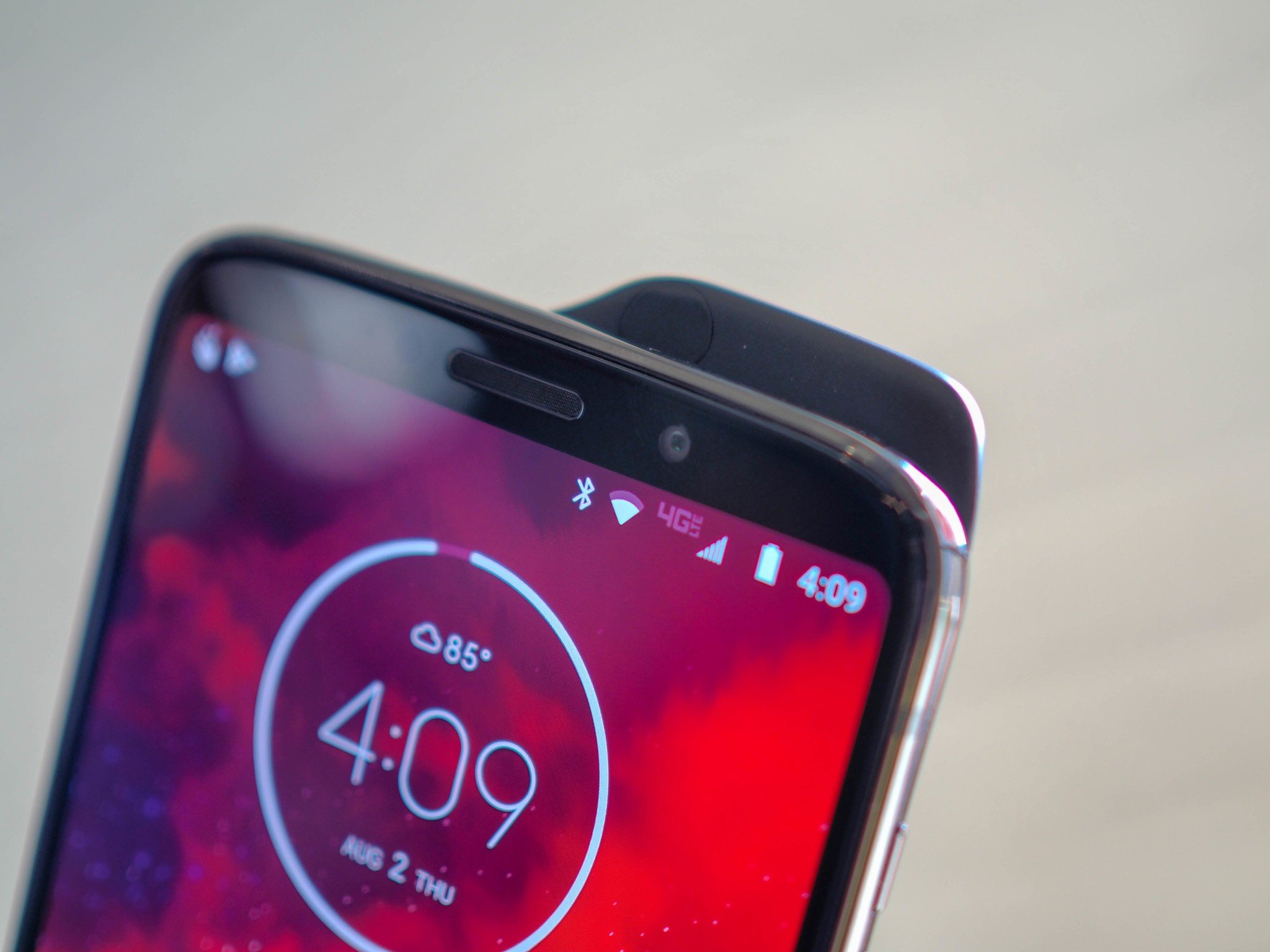 You may have heard that 5G is going to change everything. That it's going to enable the next 10 years of wireless innovation and completely upend how we use our mobile devices. That everything from watches to VR headsets to cars and even hospital operating rooms will be powered by ultra-low-latency wireless networks with enough bandwidth to negate the need for wired connections.
5G is coming, but it's less about phones than the sensors phones communicate with.
If you've been following along with the 5G hype narratives from companies like Qualcomm, Huawei, Ericsson, Nokia, Verizon, T-Mobile and others that have considerable skin in the game, once the standard becomes ubiquitous, our lives will never be the same.
Much like the change from analog to digital networks, or from 2G to 3G, which introduced high(er)-speed mobile data to smartphones, 5G is expected to initiate a sea change of new technological possibilities when it arrives next year.
According to Qualcomm, the company most effusively pushing this narrative, 5G will be nothing short of "a unifying connectivity fabric for our society," a way for people to connect more intimately and for businesses to build dynamic experiences that will make them more productive and, ultimately, more profitable.
Blah, blah, blah — right? It's OK, I get it. I feel it, too. Even though we're a few months from companies like Verizon launching an actual 5G-powered home broadband service, and less than half a year from the first 5G-enabled mobile products, it's still unclear how the hyperbole, the relentless grandstanding, will change our lives. Because our lives are already upended. We do everything on our phones, and when we don't have super-fast LTE to facilitate those things, we fall back on the comforting ubiquity of Wi-Fi.
And, I mean, is 5G really necessary when all we're doing is scrollin', scrollin' through Instagram and sending a bajillion WhatsApp messages? Do we need super-fast networks to watch more YouTube, or unlimited bandwidth when we're just playing a couple rounds of Clash Royale?
You may have heard that 5G is going to change everything. That it's going to enable the next 10 years of wireless innovation and completely upend how we use our mobile devices. That everything from watches to VR headsets to cars and even hospital operating rooms will be powered by ultra-low-latency wireless networks with enough bandwidth to negate the need for wired connections.
5G is coming, but it's less about phones than the sensors phones communicate with.
If you've been following along with the 5G hype narratives from companies like Qualcomm, Huawei, Ericsson, Nokia, Verizon, T-Mobile and others that have considerable skin in the game, once the standard becomes ubiquitous, our lives will never be the same.
Much like the change from analog to digital networks, or from 2G to 3G, which introduced high(er)-speed mobile data to smartphones, 5G is expected to initiate a sea change of new technological possibilities when it arrives next year.
According to Qualcomm, the company most effusively pushing this narrative, 5G will be nothing short of "a unifying connectivity fabric for our society," a way for people to connect more intimately and for businesses to build dynamic experiences that will make them more productive and, ultimately, more profitable.
Blah, blah, blah — right? It's OK, I get it. I feel it, too. Even though we're a few months from companies like Verizon launching an actual 5G-powered home broadband service, and less than half a year from the first 5G-enabled mobile products, it's still unclear how the hyperbole, the relentless grandstanding, will change our lives. Because our lives are already upended. We do everything on our phones, and when we don't have super-fast LTE to facilitate those things, we fall back on the comforting ubiquity of Wi-Fi.
And, I mean, is 5G really necessary when all we're doing is scrollin', scrollin' through Instagram and sending a bajillion WhatsApp messages? Do we need super-fast networks to watch more YouTube, or unlimited bandwidth when we're just playing a couple rounds of Clash Royale?
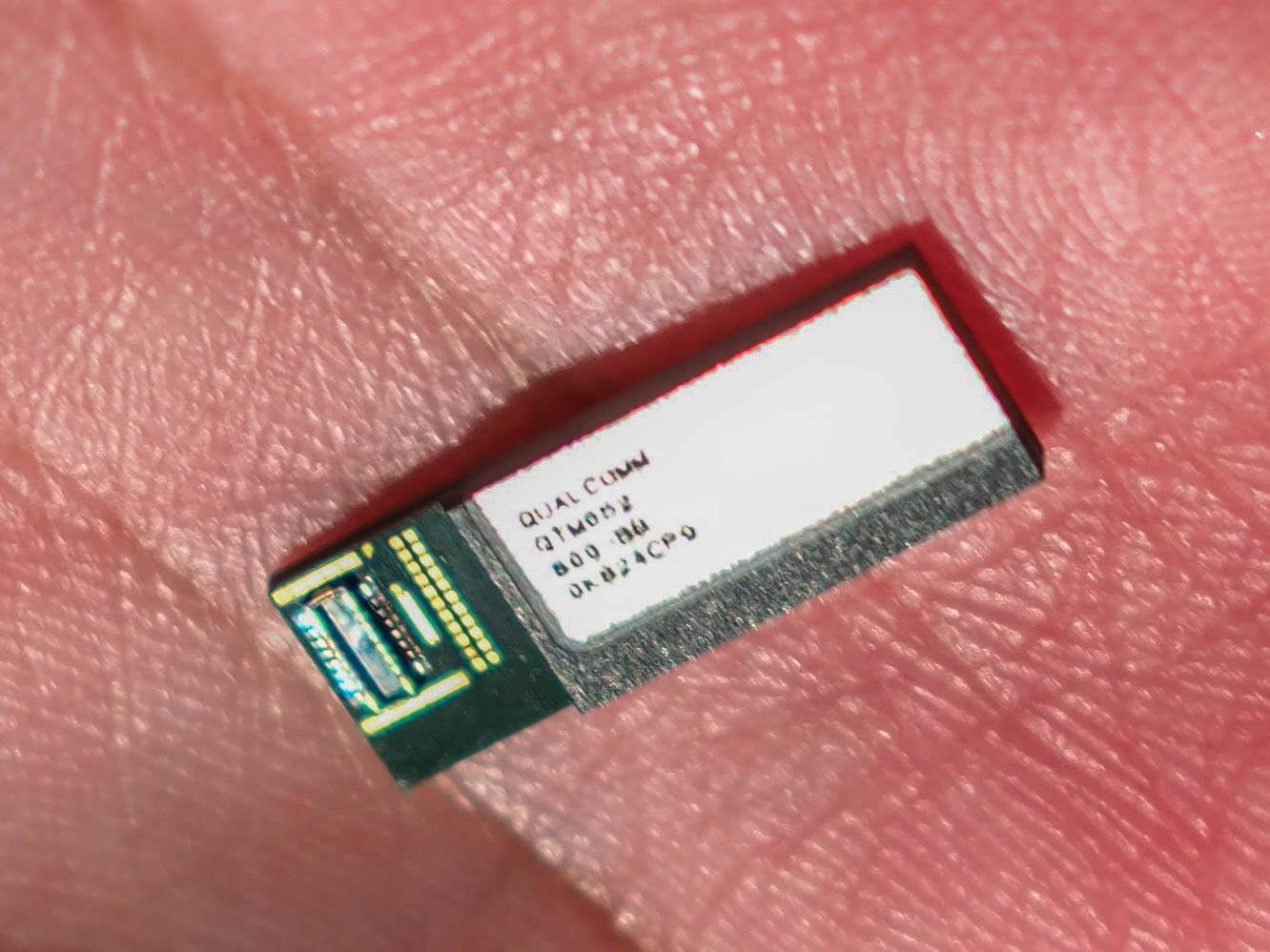 The issue with 5G is that, aside from the odd frustrating experience with our carrier or our phone, it's difficult to perceive the improvements in something that hasn't amazed us yet, and the potential of something that's right now just a bunch of whitepapers and breathless marketing. Back in June, Qualcomm tried to get ahead of this narrative by putting together a document outlining the real-world changes we're sure to see out of 5G. It highlights vast improvements to agriculture efficiency — more wheat! — and more efficient public transit — fewer delays!
It preaches that shopping will be more personal, and that 5G will make augmented reality truly useful and even indispensable. And what about the average person? Faster networks with unlimited bandwidth at ultra-low costs, with the ability to capture, share, and instantly upload 4K video or even high-resolution virtual reality footage. Others, like Huawei, say the same sorts of things. More connections! Lower latency! Faster signals! More! More!! More!!!
The issue with 5G is that, aside from the odd frustrating experience with our carrier or our phone, it's difficult to perceive the improvements in something that hasn't amazed us yet, and the potential of something that's right now just a bunch of whitepapers and breathless marketing. Back in June, Qualcomm tried to get ahead of this narrative by putting together a document outlining the real-world changes we're sure to see out of 5G. It highlights vast improvements to agriculture efficiency — more wheat! — and more efficient public transit — fewer delays!
It preaches that shopping will be more personal, and that 5G will make augmented reality truly useful and even indispensable. And what about the average person? Faster networks with unlimited bandwidth at ultra-low costs, with the ability to capture, share, and instantly upload 4K video or even high-resolution virtual reality footage. Others, like Huawei, say the same sorts of things. More connections! Lower latency! Faster signals! More! More!! More!!!
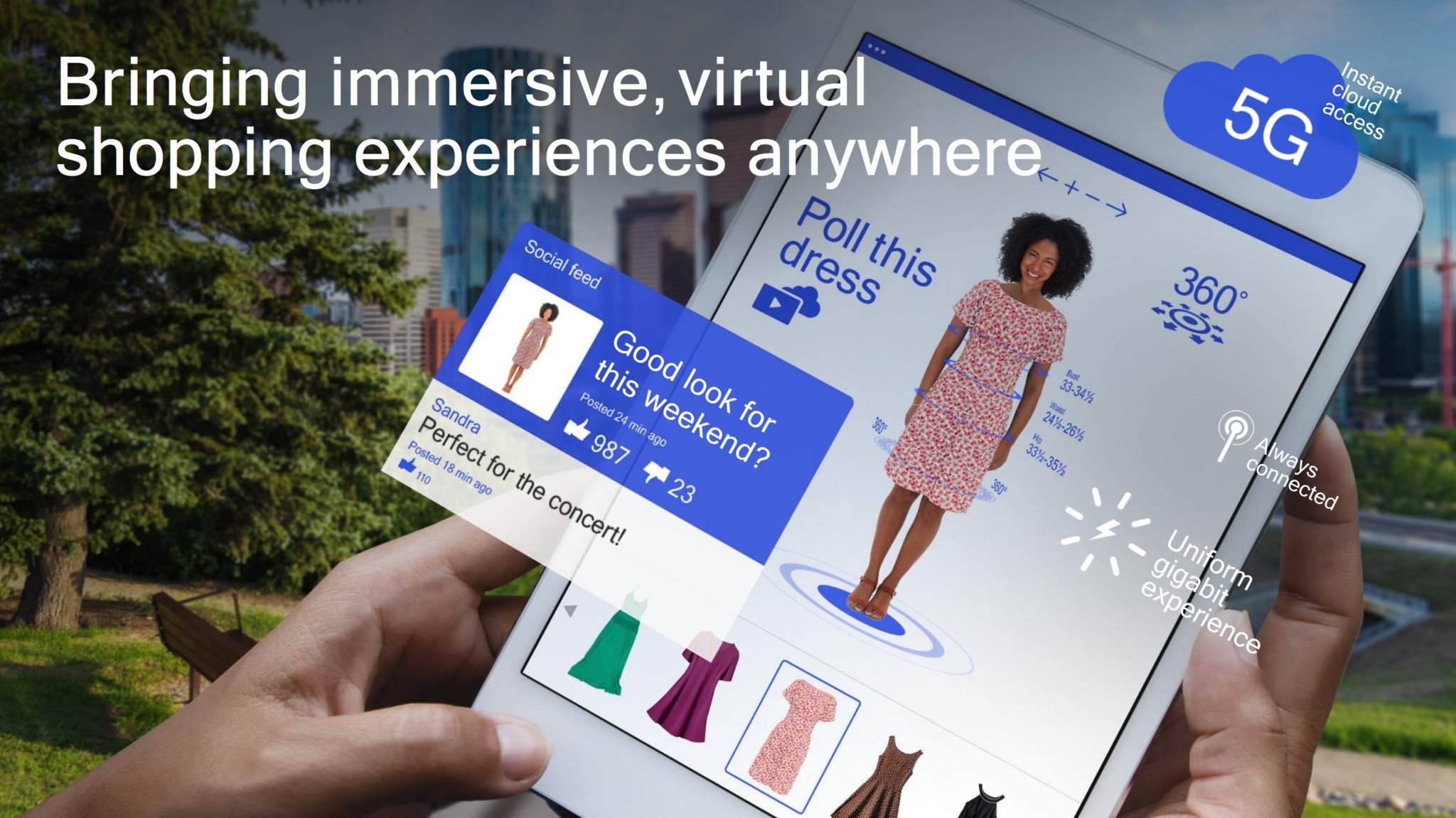 These things all sound super great, really, and I'm sure they will be. Even the technology behind the initial 5G standard, called 5G NR, is fascinating. In addition to existing low- and medium-range signals, it takes advantage of ultra-fast microwave signals (called millimeter waves) that are incredibly difficult to route along long distances, or through walls, or without major interference in general. The radios sending the signals need to be lower to the ground than existing cellphone towers, and there need to be more of them.
The signals, finicky things that they are, use a process called beamforming to essentially lock onto your phone and bend around objects. And when the signals do inevitably crash into things — buildings, cars, people — they have enough intelligence to use that interference to its advantage, breaking into pieces and reforming, Terminator-style, on the other side.
These things all sound super great, really, and I'm sure they will be. Even the technology behind the initial 5G standard, called 5G NR, is fascinating. In addition to existing low- and medium-range signals, it takes advantage of ultra-fast microwave signals (called millimeter waves) that are incredibly difficult to route along long distances, or through walls, or without major interference in general. The radios sending the signals need to be lower to the ground than existing cellphone towers, and there need to be more of them.
The signals, finicky things that they are, use a process called beamforming to essentially lock onto your phone and bend around objects. And when the signals do inevitably crash into things — buildings, cars, people — they have enough intelligence to use that interference to its advantage, breaking into pieces and reforming, Terminator-style, on the other side.
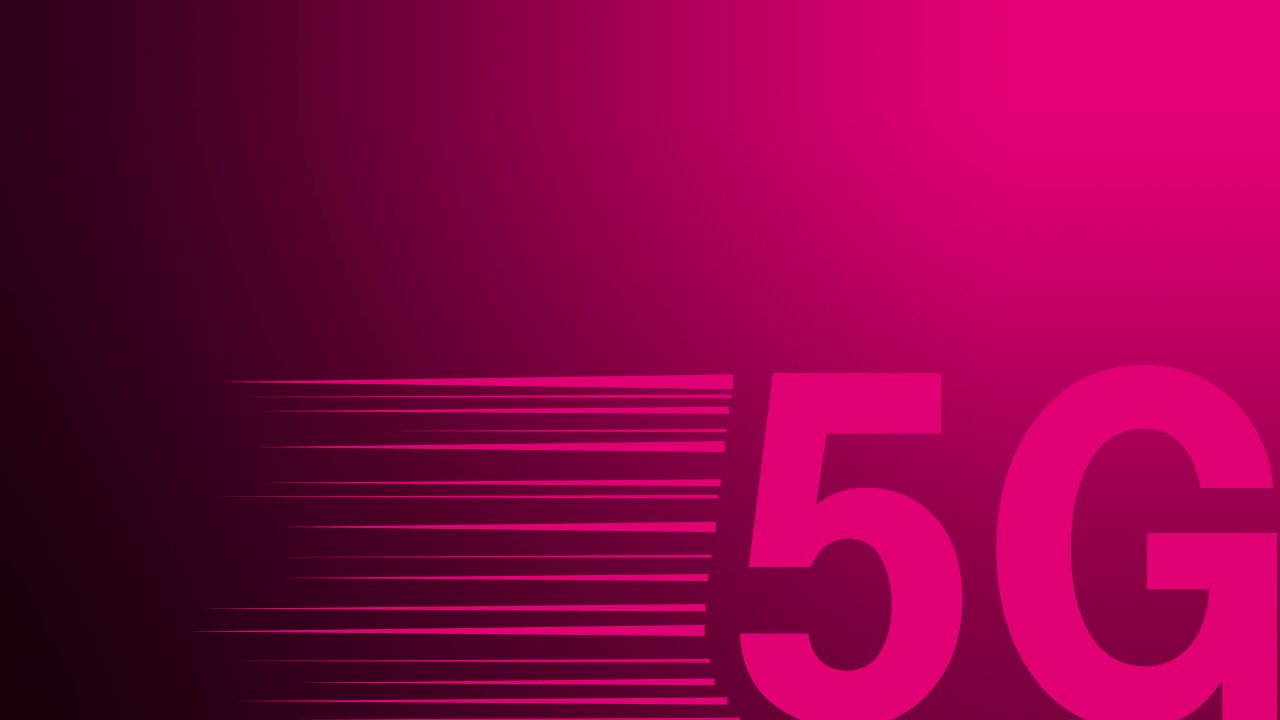 T-Mobile signed a $3.5 billion deal with Nokia to build out a massive 5G network in the U.S.
The amount of work that's gone into creating the 5G standard is extraordinary. The things that it can and will do are, too. But right now it's admittedly hard to see what all the fuss is about. The hype is enormous, and the expectations even more so, which makes it even more difficult for the stakeholders to follow through.
Most people just want faster speeds with higher data limits at a lower price. Businesses just want to make more money. City officials just want fewer road accidents and lower maintenance costs. Governments just want their networks to be reliable and secure.
T-Mobile signed a $3.5 billion deal with Nokia to build out a massive 5G network in the U.S.
The amount of work that's gone into creating the 5G standard is extraordinary. The things that it can and will do are, too. But right now it's admittedly hard to see what all the fuss is about. The hype is enormous, and the expectations even more so, which makes it even more difficult for the stakeholders to follow through.
Most people just want faster speeds with higher data limits at a lower price. Businesses just want to make more money. City officials just want fewer road accidents and lower maintenance costs. Governments just want their networks to be reliable and secure.
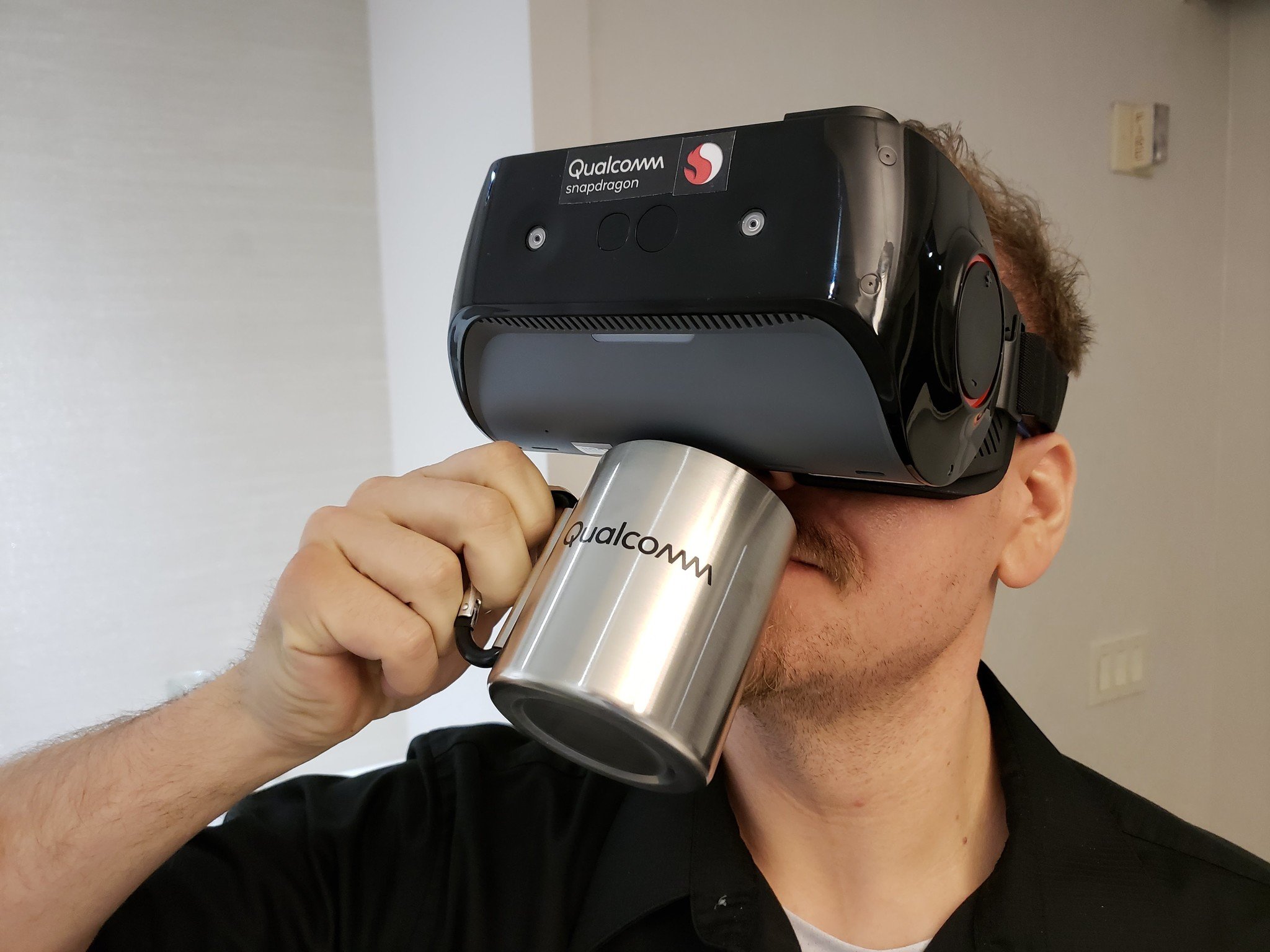 One of 5G's major promises is real-time, high-quality roomscale VR, and that could be transformative. For some people.
Right now, it's hard to see how 5G will magically make everything better. That's OK, because right now it's just an idea, a promise of progress. When it finally does lurch toward its inevitable pervasiveness, it's less likely to wow us than encourage us to evaluate our relationships with the technology that we've come to take for granted. The phone is still the central thing in our lives, and that's not likely to change, but 5G promises a radio in everything, which will lead to more connectivity, more fragmentation and, like it or not, more frustration.
Early adopters like me, who are keenly following every 5G milestone, do not represent the average person. LTE's relatively seamless and transparent rollout — hey, my new phone is faster! — was, like all mobile innovations, concurrent with the rising popularity of apps and tools that were made possible. But whereas streaming video, and lots of it, will be LTE's legacy, it's not obvious to me, despite a plenitude of examples, how the average person will perceive 5G's abundance.
Which is why it's OK not to be hyped about 5G right now, because mobile data in all its forms is no longer meant to be exciting. It just is, and with that mundanity comes a narrowing of scope. 5G will be awesome, and it will be everywhere, but right now it's just a lengthening of an existing tendril.
One of 5G's major promises is real-time, high-quality roomscale VR, and that could be transformative. For some people.
Right now, it's hard to see how 5G will magically make everything better. That's OK, because right now it's just an idea, a promise of progress. When it finally does lurch toward its inevitable pervasiveness, it's less likely to wow us than encourage us to evaluate our relationships with the technology that we've come to take for granted. The phone is still the central thing in our lives, and that's not likely to change, but 5G promises a radio in everything, which will lead to more connectivity, more fragmentation and, like it or not, more frustration.
Early adopters like me, who are keenly following every 5G milestone, do not represent the average person. LTE's relatively seamless and transparent rollout — hey, my new phone is faster! — was, like all mobile innovations, concurrent with the rising popularity of apps and tools that were made possible. But whereas streaming video, and lots of it, will be LTE's legacy, it's not obvious to me, despite a plenitude of examples, how the average person will perceive 5G's abundance.
Which is why it's OK not to be hyped about 5G right now, because mobile data in all its forms is no longer meant to be exciting. It just is, and with that mundanity comes a narrowing of scope. 5G will be awesome, and it will be everywhere, but right now it's just a lengthening of an existing tendril.
source: https://www.androidcentral.com/its-ok-not-be-hyped-about-5g
date: Sun, 19 Aug 2018 16:34:05 +0000
Comments
Post a Comment